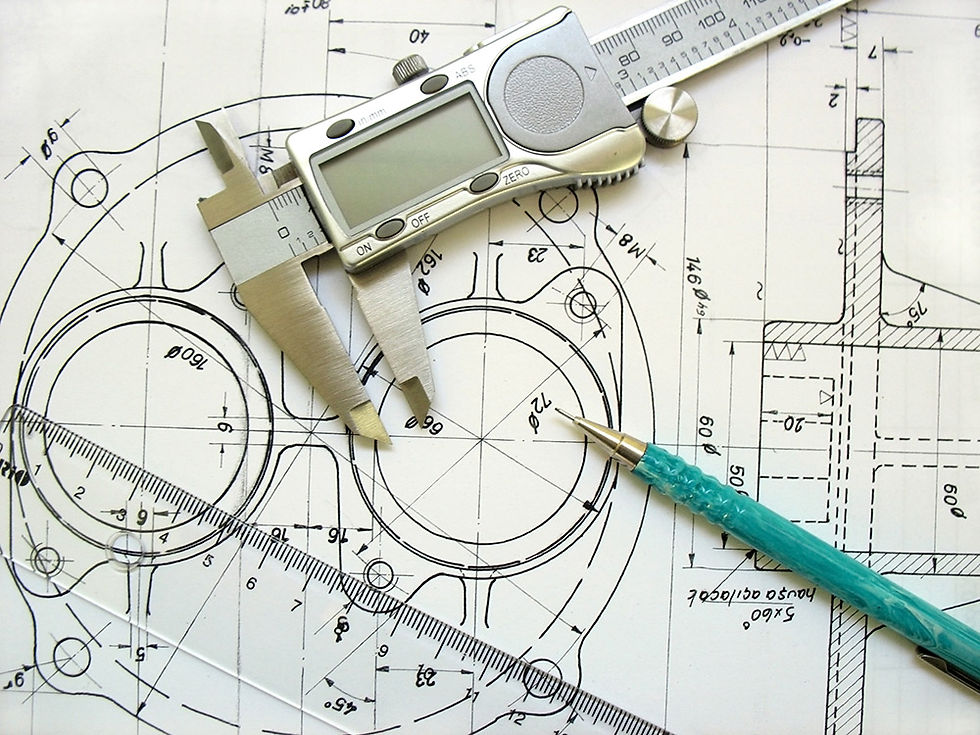
Mechanical engineering is the study of objects and systems in motion. Mechanical engineers design, build, develop, and test mechanical and thermal sensors and devices. This career is centered on creating technology to help people. The ultimate goal of a mechanic engineer is to take a product to the marketplace. This type of engineering covers a variety of different industries which includes automotive, aerospace, biotechnology, computers, electronics, microelectromechanical systems, energy conversion, robotics and automation, and manufacturing.
In mechanical engineering, there are dozens of fields. Statics focuses on how forces are transmitted to and throughout a structure. Dynamics, or what velocities, accelerations and resulting forces come into play. Kinematics then focuses on how a mechanism behaves as it moves through its range of motion. Materials science looks into determining the best materials for different applications. There is thermodynamics, or how energy gets converted into useful power.There is also manufacturing, machine design, and electrical engineering, among many others.
Mechanical engineers are often curious about how the world works. J. Robert Sims, former president of the American Society of Mechanical Engineers, once said, "I repaired an old radio and used an old power supply to experiment with the electrolysis of water. I produced a small amount of hydrogen that I proceeded to ignite.”
Along with curiosity, problem solving skills are essential. With computers, mechanical engineering has changed. Computers are able to “allow complex analyses to be performed in seconds that once required days or weeks of hand calculations” (J. Robert Sims). People, however, are relied upon to do the more complex and analytical work, such as using calculus or trigonometry to solve problems or doing delicate and intricate problems as well.
Mechanical engineering is an exciting and diverse field. Mechanical engineering is crucial to the future and is necessary to life as we know it.

Comments